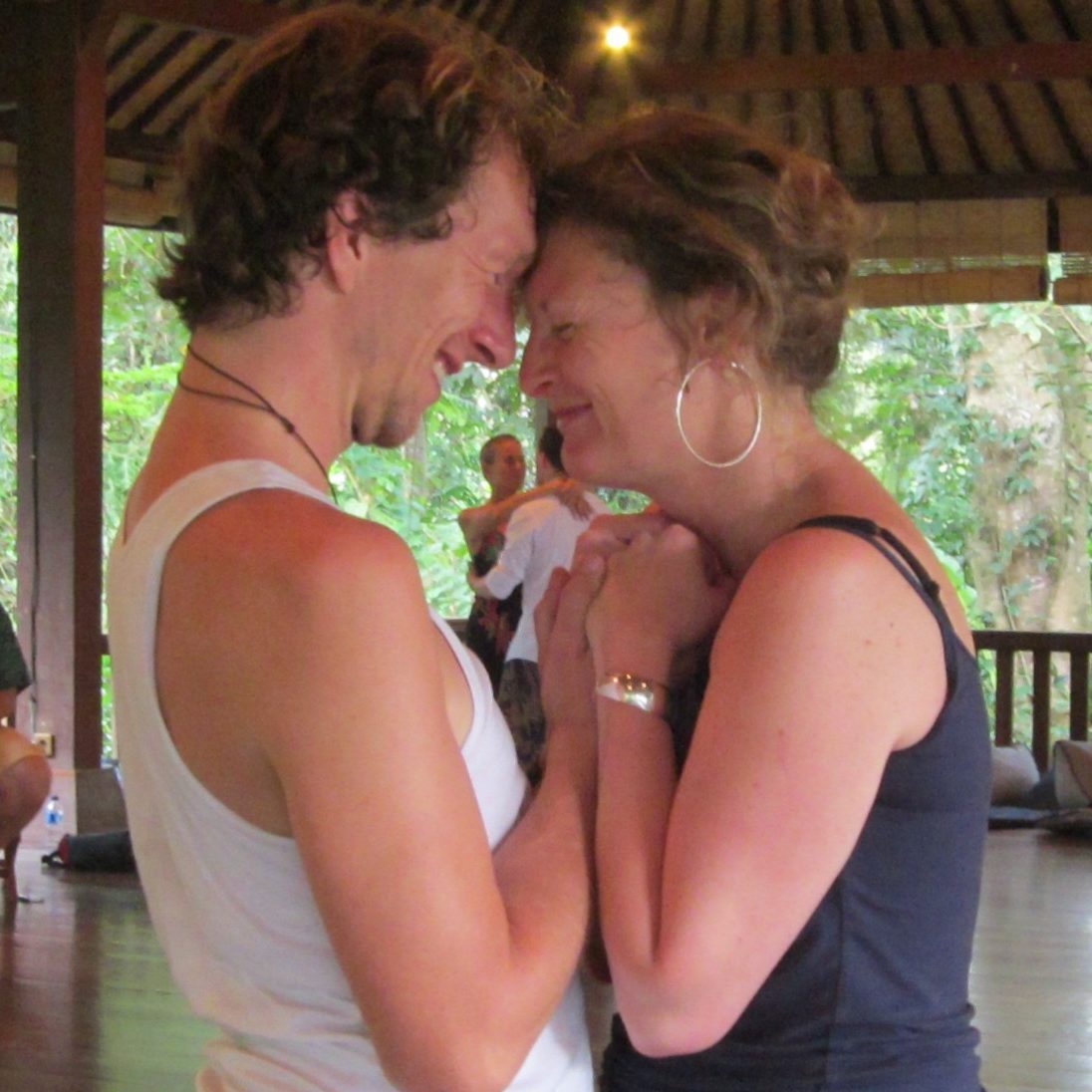This is the story of Gabe and Sarah* who worked with me to transform their struggling relationship. Can they move from impasse to intimacy?
Gabe is 42, and Sarah is 38. They have been together for several years, hoping to build a long-term relationship and start a family. During couples counselling, Sarah reveals they’re on the verge of breaking up due to constant fighting and withdrawal. The love is still there, she says, but sometimes they don’t talk for days. Gabe agrees with a nod. When I ask about their sexual intimacy, Gabe says it was great at first, but recently it is not happening much, hardly at all. Sarah adds that it now feels functional and leaves her sad afterward. There is a palpable sadness in the room.
As Sarah talks freely about her urgent need for more emotional connection, I notice that Gabe is looking down and shrinking into the corner of the couch. Sarah accuses him of working too much and not making time for their relationship. He looks away guiltily and as he retreats further away from her, Sarah leans in more to make her point to show how hurt she is. Gabe insists that he is working hard for their future. He questions, in frustration, if he’s even able to give her what she needs? Sarah counters that he doesn’t want to. His frustration grows.
At an impasse, Gabe feels blamed, thinking nothing he does is enough. Sarah feels unheard and rejected, believing that if Gabe were more present and willing to listen, their love would return. However, Gabe feels attacked, withdrawing even more, which makes Sarah desperate for his love and attention. Gabe is trying to protect himself from feelings of inadequacy, not realizing how much his withdrawal hurts Sarah, who interprets it as a lack of care. This negative cycle is straining their relationship.
What needs to happen? Both Gabe and Sarah need to understand first their own reactions and then how they impact each other. They both want love and connection, but their behaviors are blocking that.
Gabe must work on being able to listen to Sarah without taking it personally, understanding that she is seeking his presence and the reassurance that she matters to him. Sarah, in turn, needs to recognize that Gabe is trying to love her in his own way, and that her current approach may be pushing him away.
I encourage Sarah to feel and express her feelings more vulnerably, without blaming Gabe, because it is hard to hear anything when we are being blamed, or feel that is the case. And I helped Gabe to be aware of his own fears, what’s really going on for him at deeper levels, and choose to respond from his heart rather than retreat.
In our sessions, Gabe and Sarah began to truly hear and see each other’s vulnerabilities, leading to a renewed tenderness. This involved exploring some painful childhood experiences that were impacting them in the present. As Sarah shared her emotions, Gabe felt how she trusted him, and became more grounded and connected to self, therefore able to be present for Sarah as well. Sarah learnt that Gabe’s purpose in providing for them was a way of showing love too, and necessary for growing commitment as a family.
In their individual openings, they were able to experience a deep, whole-body connection. This shift laid the foundation for greater emotional and physical intimacy between them.
…
In our fast-paced world, we often expect instant solutions. But truly relating means slowing down, being fully present, and opening your heart without rushing to react. This allows love and connection to grow naturally.
Love,
Cynthia
*Names and details have been changed to protect the privacy of real people.


